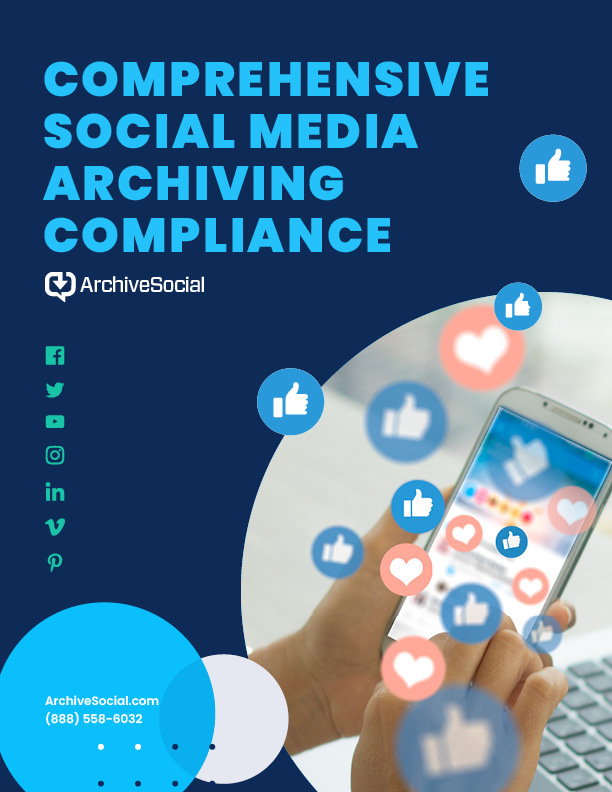
The email case
Last October, during the height of the Occupy movement in Oakland, The Police Chief Howard Jordan customized his spam filter to block certain emails. Allegedly flooded with emails about the Occupy movement, Jordan’s spam filter blocked these emails. But, Jordan never removed the filter. As a result, months after the Occupy movement had ended, Jordan was still not responding to time-sensitive emails from federal monitors that mentioned the Occupy Movement. Now, Jordan faces losing his job for ignoring and deleting important emails.
The social media case
As an extension, what about social media? Can ignoring and deleting social media posts be considered a similar perversion of government communication? In terms of censorship, recordkeeping, and negligence, the short answer is yes.
First, if a comment or private message is deleted from a Facebook wall or Twitter account, this may constitute a violation of censorship laws and record keeping laws. As evidenced by a recent lawsuit concerning the Honolulu Police Department, deleting user comments may be an act of illegal censorship in violation of the first amendment. Additionally, if the agency is not actively archiving social media records, a deleted private message or comment that is not archived would be in violation of recordkeeping laws at local, state, and federal levels. Although Jordan’s case does not particularly concern censorship, the potential for recordkeeping violations are analogous.
On top of the censorship and recordkeeping laws, as Jordan’s case demonstrates, simply ignoring posts can be considered negligent. As conversation shifts to social media, it is crucial that those with social media pages ensure that the conversations being held on the pages are not ignored. Although social media might not be considered the most official form of communication, this does not alter the significance of a message. Just as Jordan ignored important emails, the police department could have equivalently ignore important social media posts that would ultimately be damaging to its reputation or even employees.
Learning from Jordan’s experience
So, what are the key takeaways from the Jordan case? First, communications on social media should not be deleted for censorship reasons. Second, an archiving solution is crucial to maintaining record-keeping compliance if interactions are inadvertently deleted. Finally, government agencies should not ignore social media, but rather use it for the reason it was created: to connect. Social media is a powerful tool to interact with citizens, and although some of the posts may seem like spam, Jordan’s case illustrates that proper management of digital communications is crucial in today’s world.

